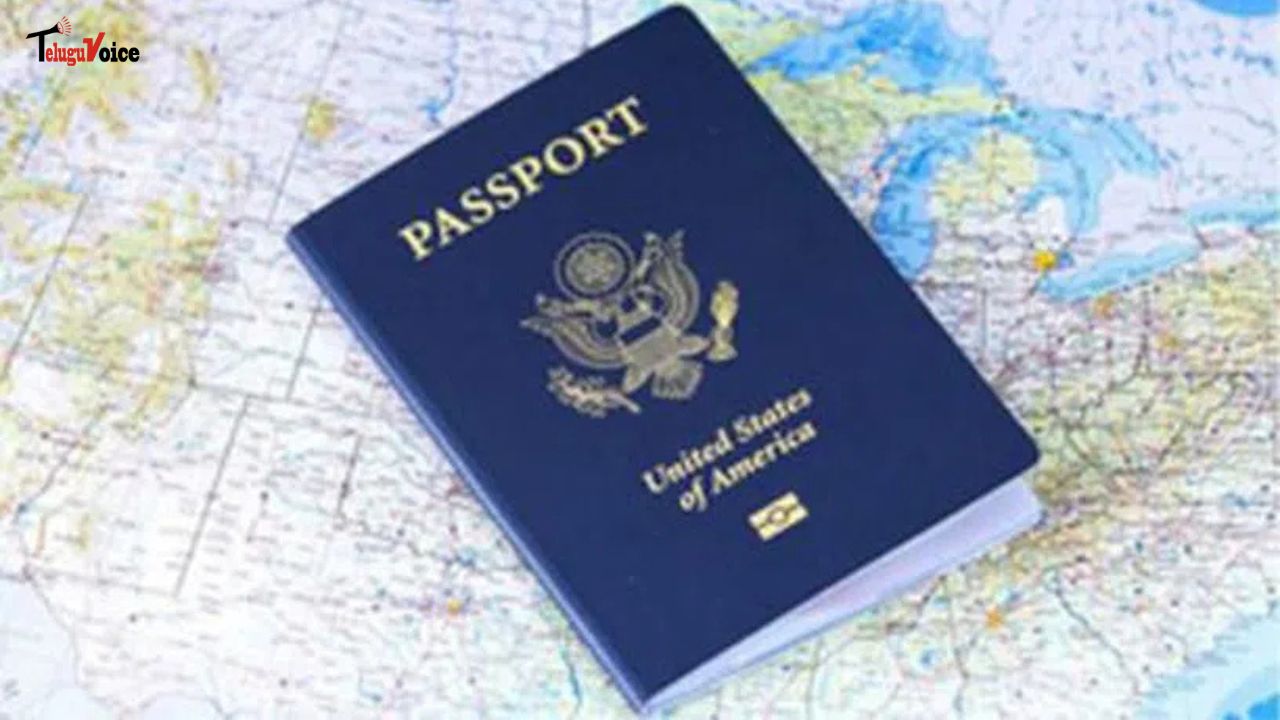US Passport Drops Out of Global Top 10 for the First Time in 20 Years

For the first time since the Henley Passport Index was introduced two decades ago, the United States passport has fallen out of the world’s top 10, slipping to 12th place. American passport holders currently enjoy visa-free access to 180 out of 227 destinations, tying the US with Malaysia. This marks a steep decline from 2014, when the US topped the rankings.
According to the latest Henley Passport Index, based on IATA (International Air Transport Association) data, Singapore retains the number one spot with visa-free access to 193 destinations. South Korea (190) and Japan (189) follow closely, continuing Asia’s dominance in global travel freedom.
The US decline is linked to several countries withdrawing or limiting visa-free entry in recent years. Key setbacks include the loss of visa-free entry to Brazil, exclusion from China’s expanding visa waiver list, and new restrictions from Myanmar and Papua New Guinea. More recently, Vietnam omitted the US from its new visa-free program, and Somalia implemented mandatory eVisas, further damaging the US passport’s strength.
The United Kingdom has also slipped, falling from 6th to 8th place, its lowest ranking since leading the index in 2015.
While US passport holders enjoy wide travel access, the US itself is far less open to foreign visitors. Only 46 nationalities can enter the US without a visa, placing the country at 77th on the Henley Openness Index—a major disparity compared to its 180 visa-free destinations. This makes the US less open than Australia, and only slightly ahead of Canada, New Zealand, and Japan.
In contrast, China has made remarkable progress. Over the past decade, it has added 37 visa-free destinations, moving from 94th in 2015 to 64th in 2025. On the Openness Index, China ranks 65th, allowing visa-free entry to 76 nations, which is 30 more than the US. Beijing’s recent visa agreements with Russia, Gulf nations, South American countries, and Europe show a clear strategy to boost global mobility and diplomatic influence.
The shifting rankings reflect a changing world—where Asian nations are leading in accessibility, while traditional Western powers are losing ground in travel freedom and openness.

 South Africa tour of India 2019
South Africa tour of India 2019










Comments